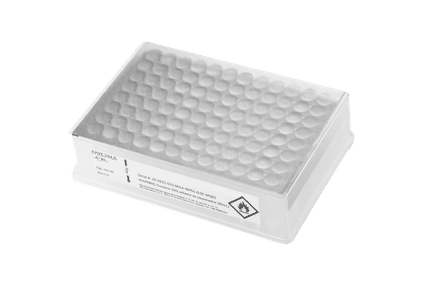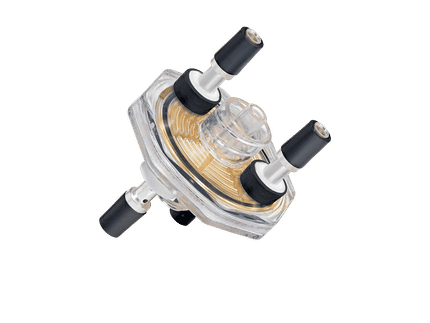To use all functions of this page, please activate cookies in your browser.
my.bionity.com
With an accout for my.bionity.com you can always see everything at a glance – and you can configure your own website and individual newsletter.
- My watch list
- My saved searches
- My saved topics
- My newsletter
Glossitis
Glossitis is inflammation or infection of the tongue. It causes the tongue to swell and change color. Finger-like projections on the surface of the tongue (papillae) may be lost, causing the tongue to appear smooth. Glossitis usually responds well to treatment if the cause of inflammation is removed. This disorder may be painless, or it may cause tongue and mouth discomfort. In some cases, glossitis may result in severe tongue swelling that blocks the airway, a medical emergency that needs immediate attention. Product highlight
Symptoms
A health care provider should be contacted if symptoms of glossitis persist for longer than 10 days, if tongue swelling is severe, or if breathing, speaking, chewing, or swallowing become difficult. Causes, incidence, and risk factors
A painful tongue may be an indication of several underlying serious medical conditions and nearly always merits assessment by a doctor or dentist [1] TreatmentThe goal of treatment is to reduce inflammation. Treatment usually does not require hospitalization unless tongue swelling is severe. Good oral hygiene is necessary, including thorough tooth brushing at least twice a day, and flossing at least daily. Corticosteroids such as prednisone may be given to reduce the inflammation of glossitis. For mild cases, topical applications (such as a prednisone mouth rinse that is not swallowed) may be recommended to avoid the side effects of swallowed or injected corticosteroids. Antibiotics, antifungal medications, or other antimicrobials may be prescribed if the cause of glossitis is an infection. Anemia and nutritional deficiencies must be treated, often by dietary changes or other supplements. Avoid irritants (such as hot or spicy foods, alcohol, and tobacco) to minimize the discomfort. PreventionGood oral hygiene (thorough tooth brushing and flossing and regular professional cleaning and examination) may be helpful to prevent these disorders. Drinking plenty of water and the production of enough saliva, aid in the reduction of bacterial growth. Minimize irritants or injury in the mouth when possible. Avoid excessive use of any food or substance that irritates the mouth or tongue. References
Categories: Inflammations | Oral pathology |
|||||
| This article is licensed under the GNU Free Documentation License. It uses material from the Wikipedia article "Glossitis". A list of authors is available in Wikipedia. |






